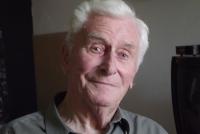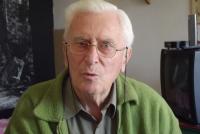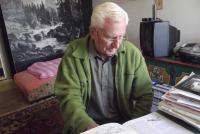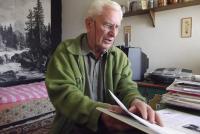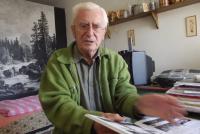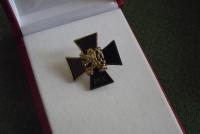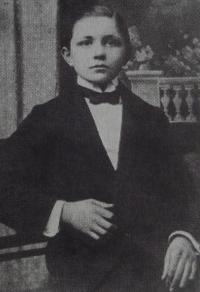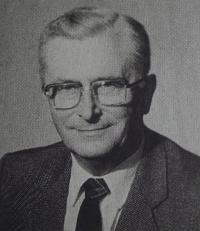From one grave to a worldwide disaster

Download image
Arthur Rehberger was born in Pilsen. His father’s family origin can be traced to Austria. His grandfather was an Austrian national, but all of Mr. Rehberger’s entire family were strictly Czech and anti-German. He studied the trade academy in Pilsen during the war and in 1945 he continued with his studies at the University College of Business in Prague. After completing his military service he worked at the ministry of construction, and although he has never joined the Communist Party, he was active in the labour union movement. In 1958 he began working in the Research Institute for Building Construction. Pop music was his great passion, and since the war years he has been performing frequently as a contrabass and accordion player. He established contacts in Bavaria and he was travelling there as a guest player. When he found himself out of the country during an internship in 1968 after Czechoslovakia had been occupied of by the Warsaw Pact armies, he had an opportunity to stay abroad and possibly start a successful career thanks to his many foreign contacts. However, he eventually returned in 1970 for family reasons. In 2000 he became interested in the fate of his uncle Josef, who had died on the Italian front in WWI. His research gradually intensified and shortly before recoding this interview, Arthur Rehberger had completed a 260 page bilingual book about soldiers from the Czech territory on the southwest warfront during WWI.
